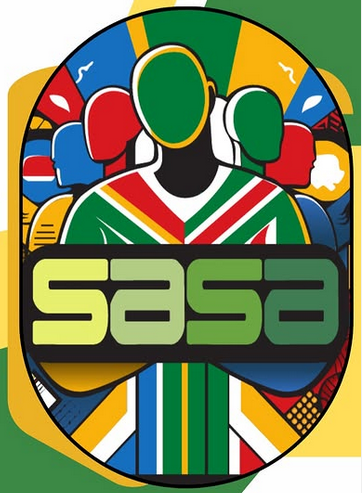
South African Sociological Association (SASA) Conference (6-9 July 2026)
South African Sociological Association (SASA) Conference (6-9 July 2026)

Call for Papers: "Solidarity: Possibilities and Pitfalls". SASA Annual Congress (6-9 July 2026), University of the Witwatersrand, Johannesburg.
We live in a contradictory moment where increased nationalism and economic de-globalisation unfold alongside increased expressions of global political solidarity. From Congo to Sudan to Palestine, global solidarity has been an important and highly contested aspect of political action. These contestations have seen the emergence of robust transnational consciousness and revolutionary energies, but also widespread repression and intensified surveillance, alongside the closure of spaces for critique. The university has been a central site in which the contestation of contemporary solidarity politics is playing out. Student movements have been at the forefront of solidarity struggles, while facing repression, victimisation, and criminalisation.
The re-emergence of solidarity is not limited to the political left. Solidarity as a political act is also being used in service of exclusionary and oppressive politics. Xenophobic, ethno-nationalist, and far-right movements have shifted from stray vigilante groups on the street to the policies of mainstream political parties and to parliaments, both in South Africa and around the world. These questions of solidarity are intensified by the ongoing planetary crisis. Environmental destruction and the risk of ecological collapse force us to reckon not merely with our human relations to one and another, but also to our relation to the earth. This raises the question of what planetary solidarity might mean in a time of ecological precarity.
This conference invites critical reflections and reconfigurations of the concept and practices of solidarity, and the challenges posed in this critical conjuncture. Questions of freedom and repression, disparate geographies and marginalised histories, connection across difference and boundaries, all assume significance and require collective, committed thought and action. Which solidarities endure, which falter, and how does power and hegemony reassert themselves against collective resistance?
Questions to consider:
How to submit an abstract:
Abstracts should be submitted through the online submission portal, which is available here.
Panels at SASA are organised through thematic working groups. You can find the full list of working groups here: https://sociology.africa/annual-conference/sasa-working-groups. You should indicate which working group you are submitting to in the submission portal. All submissions need to be associated to one working group.
There are two formats of presentation, panels and roundtables. The roundtable format is intended as a developmental space, especially for Honours or MA students who are presenting work which is at the proposal stage. Each roundtable will be chaired by a senior academic who will provide feedback and encourage conversation across papers. Panel presentations are intended for papers based on completed research or more advanced projects. However, you are free to choose which format you prefer.
For any questions please email: SASA2026.Sociology@wits.ac.za.
Timeline:
Online portal for submissions: https://forms.gle/9nYbbcyCt9dw4xKG9.
Deadline for submission: 15 March 2026
Conference 6-9 July 2026.

SASA has several thematic working groups to which conference presentations can be allocated.